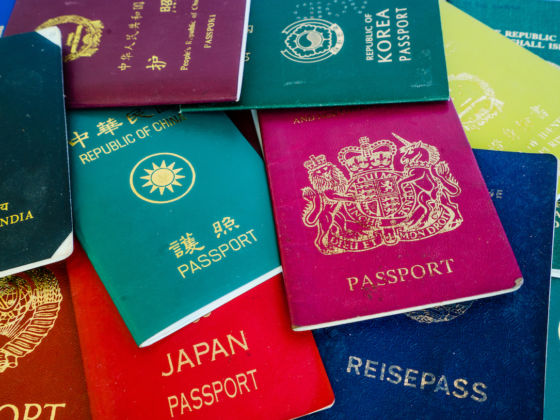I’VE BEEN TRAVELING ever since I was a baby (my first flight was at about 40 days old), but being on a “high risk” Bangladesh passport means I often have to fill out extensive visa applications months in advance of my trips.
Sites like Matador and TV shows like The Amazing Race fill me with immense wanderlust, but I often feel they ignore the harsh realities of being on a third-world (and for some reason often green?) passport — the pains of not being able to travel on a whim, being subjected to extra-stringent investigations, sometimes not even being able to travel to certain countries or participate in certain events.
Fortunately, there are ways to make travel possible on highly complicated passports — the main trick lies in being as prepared as possible and getting your paperwork in order.
Here are some tips I’ve found that have made getting visas a lot easier:
